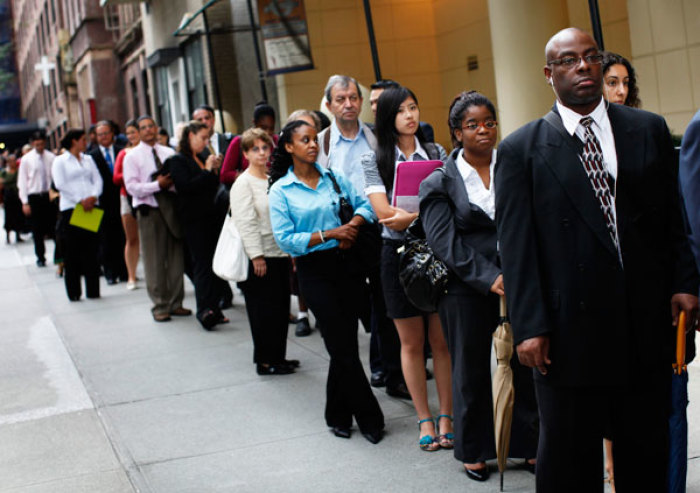Report: US Economy Not Yet in Recovery Mode But Housing Is Looking Up

The U.S. economy is not yet in recovery mode, according to the second quarterly report of 2013 of the UCLA Anderson Forecast's outlook for the United States.
A release on the forecast issued on Thursday notes that despite "improvement in both GDP and key economic sectors, the overall growth falls short of the rates required for the national economy to truly recover from the most recent recession."
In its June issue, UCLA Anderson Forecast Director Ed Leamer notes that the U.S. economy is not in recovery because economic growth levels currently fall far short of the levels needed to bring the economy back to trend.
"U.S. real GDP is now 15.4 percent below the normal 3 percent trend," notes Leamer.
"To get back to that 3 percent trend, we would need 4 percent growth for 15 years, or 5 percent growth for eight years, or 6 percent growth for five years, not the disappointing 2s and 3s we have been racking up recently, which are moving us farther from trend, not closer to it. It's not a recovery. It's not even normal growth. It's bad," he explains.
Leamer's recent diagnosis of the U.S. economy comes in the form of an essay, billed "Great Recovery: Wherefore Are Thou."
It highlights that while growth in GDP is positive, it's not exceptional. And while jobs numbers are improving, they aren't improving rapidly enough and the jobs being created are not necessarily jobs that will ensure workers a secure future.
According to Leamer's assessment, it is this "tepid growth [that]continues to obscure the nation's most fundamental problems; too much government spending funded with too much borrowing, too little national savings to cover late-in-life health care issues and too many workers lacking the skills to compete in the modern economy."
Despite the diagnosis, however, the current forecast is a bit better than forecasts of the recent past. The year 2015 is expected to be better than 2014.
Real GDP is expected to increase up to three percent by 2015. The Fed Funds interest rate will also remain near zero "as a continuing dose of monetary medicine."
Additionally, the unemployment rate is expected to drop to 6.6 percent by 2015 partly because of a growing crop of discouraged workers.
The good news, however, according to Leamer, "is that we are in the early stages of a real recovery in housing. Housing starts, which fell to a historic low of 550,000 in 2009, will climb back to the normal 1.5 million by 2015."
David Shulman, senior economist with UCLA Anderson Forecast and UCLA Ziman Center for Real Estate, explains, "Home prices are rising and housing starts have approximately doubled from their depression lows of a few years ago."
According to Shulman's report, housing starts will reach a run rate of 1.6 million units by mid-2015 and home prices will continue to rise. Multi-family housing starts will also continue to rise, with an excess of 400,000 units a year being started in both 2014 and 2015.




























